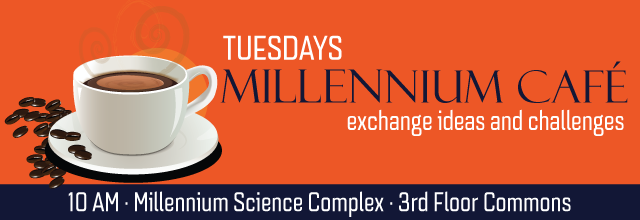
Project Drawdown has used peer-reviewed research to assess the costs and impact of over 80 solutions to reverse global warming. The portfolio of solutions is broad and sometimes surprising, including not just energy, buildings and transportation but also chemicals and materials, food systems and land use, and gender equity. Adoption of drawdown solutions will require highly interdisciplinary teams and multiple levels of agency to identify and implement at the local scale. In this talk I will highlight four farmer-powered solutions that can store many gigatons of carbon. These agricultural land management solutions contribute to better food security and can increase farm profitability while empowering farmers to become agents of positive change.
